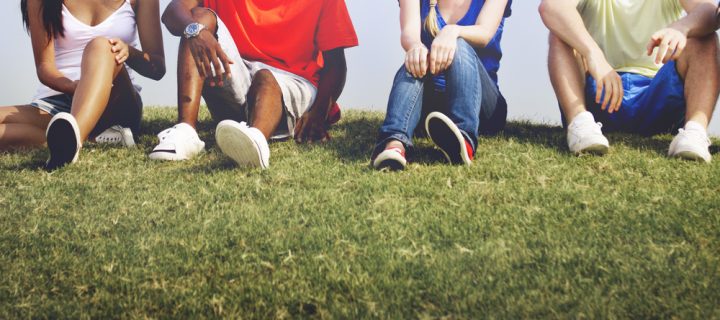People might believe they are doing the best for their own community, as hard as this is to swallow.
Millions of people now have the virus. In fact, the world just reported the highest number of coronavirus cases ever in a single day, according to the World Health Organization (WHO). Over 700,000 people have died from COVID-19 worldwide, some of them as young as 6 years old. Morgues have filled up spilling out onto city streets, and doctors have given their lives for the cause. Parts of whole families have been wiped out, and yet still, some people do not seem to care. They are too young, too healthy, and too impervious to everyday threats. At times, they do not really even believe the novel coronavirus truly exists. These people are rich, poor, engaged in politics, and disengaged and they come from all walks of life. They are generally parading around with no mask, and are free of inhibitions to the point of self-destruction.
Why don’t people care about social distancing during the pandemic? Why do some people wear a face mask but rip out the middle, just to make a point? Yes, some of them are just callous slugs. They only care about themselves. Strangely enough, however, many may actually also be victims of an opposite phenomenon: misplaced altruism.
It sounds difficult to agree with because it is such a disagreeable idea. But hear me out.
Related: Who Is This Controversial Trump Doctor?
When the World Trade Center was attacked on September 11 leaving scores dead and chaos reigning in New York City, according to Rutgers University sociology professor Lee Clarke group panic did not take over. People did not start behaving irrationally and running through the streets with wild abandon. Rather, a sense of “we-ness” took over, says Clarke. There was a sense that people were “in this together”. (Some feel this now about the coronavirus pandemic). And this was not an entirely unique occurrence, says Clarke.
In his article entitled, “Panic: Myth or Reality?” Clarke argued back in 2002 that 50 years of evidence on disasters and extreme situations shows that when something bad happens, people actually don’t tend to lose their minds. Even when excessive fear sets in, visible panic is really something only from the movies. People tend to be cooperative and civil when disaster strikes. And they also tend to follow community expectations. This could be exactly where our problem sits when staring down the novel coronavirus.
Community expectations in the US are all over the place right now. The nation’s infectious disease expert is still saying to wear a mask and stay home. But some leaders are vocally shunning public health measures. Schools have been urged to open at a federal level. But then those in Georgia and other places have now had to close again as cases of the virus climb back up with reopening.
Related: Kids and Coronavirus: What We Know So Far
So, what are people to think? Here’s a wild idea. When people do NOT do the right thing to stop the spread of the virus, it could be because they are actually acting in ways they feel their community, no matter how small or big would want them to act. They are refusing to act “irrationally” by wearing a mask and staying away from restaurants because, on some level, their mind is telling them this is really the best thing to do. People are trying to stay “sane”, and to not panic. They are actually trying to be altruistic.
It is difficult to believe in this if you support the other side. When you believe in the (very sane) messages of public health officials like Dr. Anthony Fauci, and you think that social distancing, hand washing, wearing a mask and staying out of crowded areas is a very good thing to do in order to slow down the spread of COVID-19, it is difficult to have any sort of respect for those who disagree with these ideas. It could be that by trying to see each other’s points of view that we actually make headway in the fight against COVID-19, however.
We do still need to do this while wearing a mask, but truly seeing the other side might make us less angry. Hey, it could help. It will keep your immune system healthier and less likely to flare up due to excessive stress. And that’s something we all need.
photo credits: Rawpixel.com/Shutterstock.com











